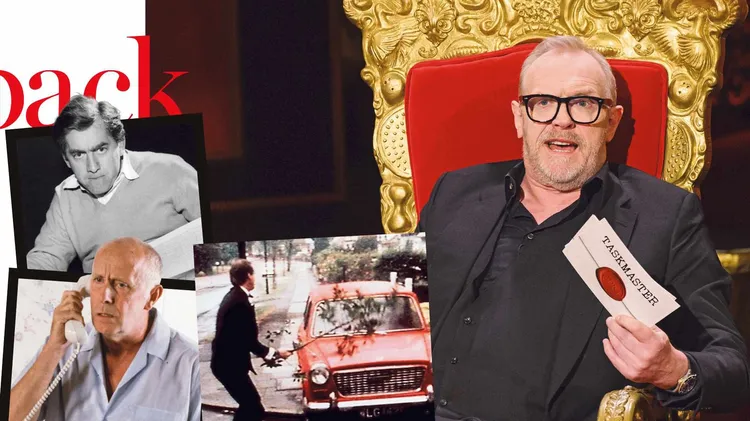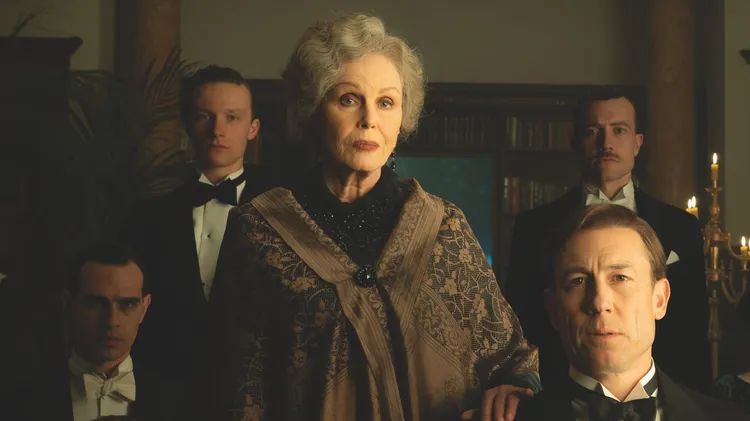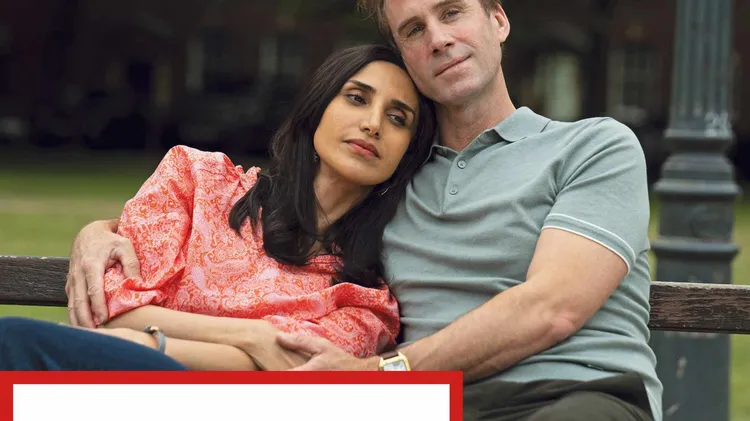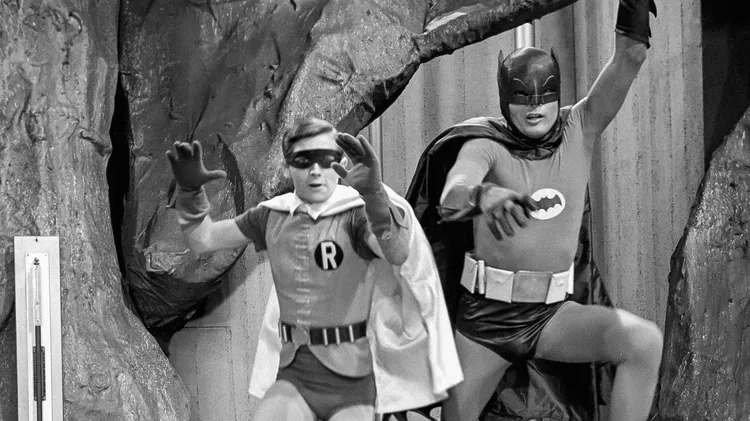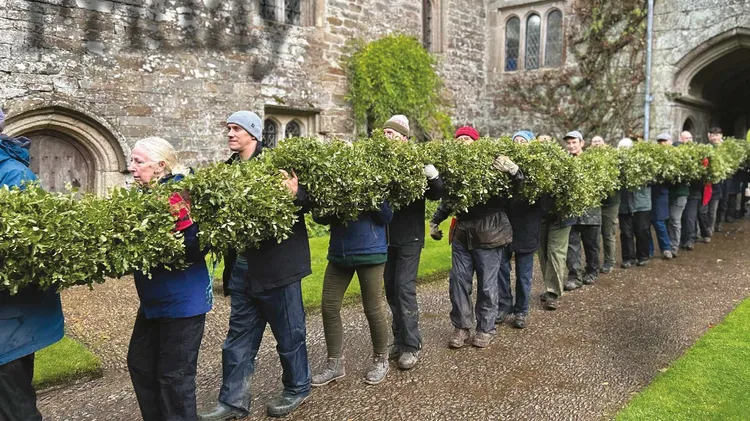From Eric and Ernie to The Office, Douglas McPherson celebrates six decades
60 years of bbc2!
3 min read
This article is from...
Read this article and 8000+ more magazines and newspapers on Readly

